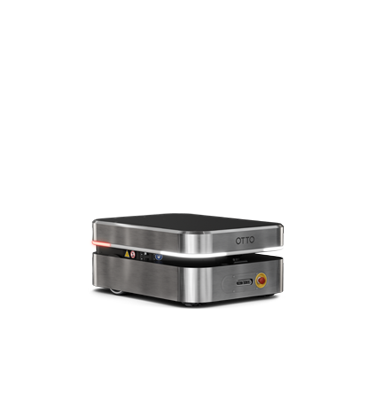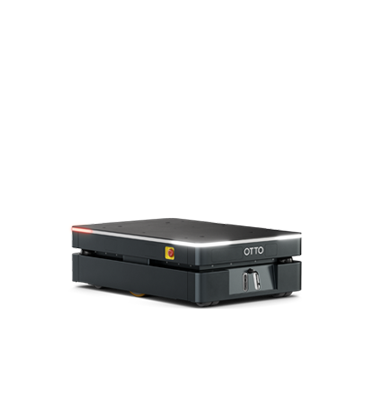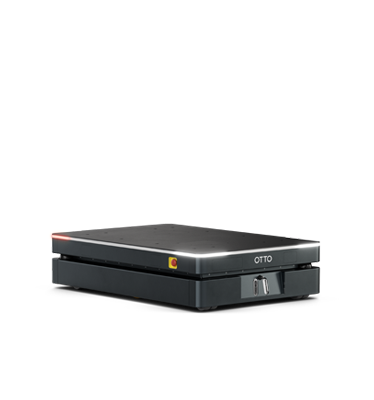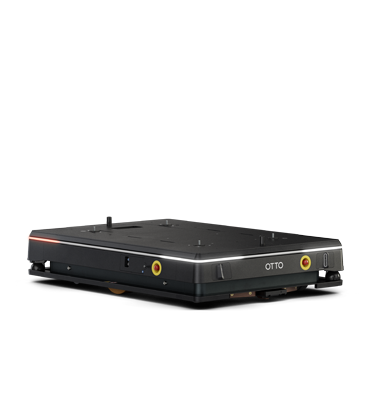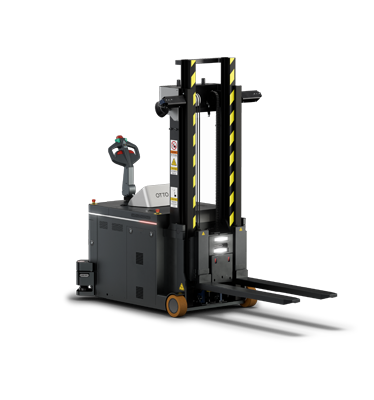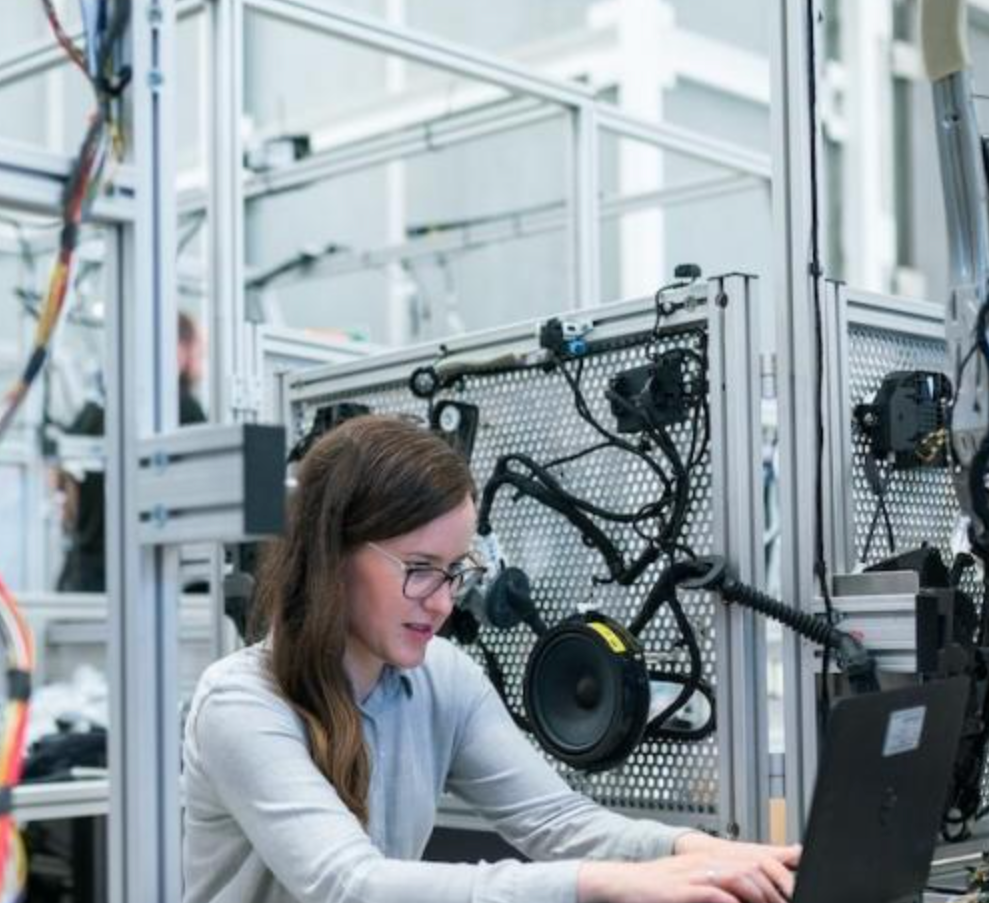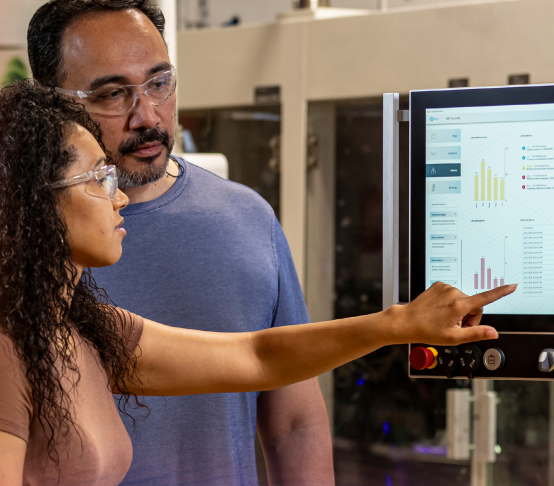Blog
Innovative technologies are driving the future of manufacturing: Insights from MHI’s 2025 Industry Report

Last week, the Material Handling Institute (MHI) and Deloitte launched their 12th Annual Industry Report, providing updates on the technologies that are poised to transform supply chains globally. This year’s report emphasizes orchestrating end-to-end digital supply chain solutions, with a focus on increasing investments in automation and robotics to enhance efficiency, resilience, and workforce collaboration.
To showcase some of these innovative technologies, MHI also hosted its largest material handling trade show in North America last week—ProMat. Drawing over 52,000 attendees from across the manufacturing and supply chain industry, ProMat featured more than 200 educational sessions and nearly 1,200 exhibitors showcasing the latest material handling technologies, from automatic barcode scanners to robotic arms and autonomous mobile robots (AMRs).
01/03
Here are the top three insights from the report that highlight the key trends shaping the future of manufacturing.
1. Labor shortages remain a top challenge for manufacturers 10 years in a row
The global labor shortage continues to impact the productivity and profitability of manufacturers across industries. According to the U.S. Chamber of Commerce, 45% of job openings in the manufacturing industry remain unfilled as of 2023.
The MHI Industry Report echoes these findings, with “hiring and retaining workers” and “talent shortage” ranking among the top five supply chain challenges for the past decade. On the show floor, manufacturers discussed double-digit turnover rates, underscoring how these challenges are affecting operations in real-time.
2. A human-centric approach to technology investments is key to addressing global labor shortages
As this challenge persists, manufacturers are increasingly turning to technology to address these concerns while applying a human-centric approach. By investing in technology that empowers workers to be more efficient, manufacturers can create a more resilient and adaptable workforce, ensuring long-term success despite the labor shortage. For example, by taking on repetitive tasks, material handling automation solutions enable workers to focus on more fulfilling tasks that require uniquely human skills.
According to the 2025 MHI Report:
0%
of respondents plan to increase their investment in supply chain technologies.
0%
plan to spend over $1 million USD.
0%
plan to spend over $10 million USD.
To apply a human-centric approach amid increased investment, 38% of organizations are prioritizing reskilling and retaining their workforce, focusing on enhancing human capabilities rather than replacing workers with technology.
We are shifting from task management to upskilling the workforce to integrate with new technology, aiming to enhance rather than replace workers by building relevant skillsets and educating leaders and the global workforce to stay current and successful in the evolving supply chain landscape.
Randy Jaunzemis, Vice President of Distribution, Performance Health (PAGE 19)
3. Robotics and automation technologies are perceived as having the highest potential to drive this competitive advantage for manufacturers
Automation equipment is a major focus for investment, with 45% of organizations prioritizing it over the next 3 years. By 2030, automation technologies such as AS/RS, automated vehicles and robotics are expected to achieve an 83% adoption rate, as they are perceived as having the highest potential to disrupt the industry and provide a significant competitive advantage.
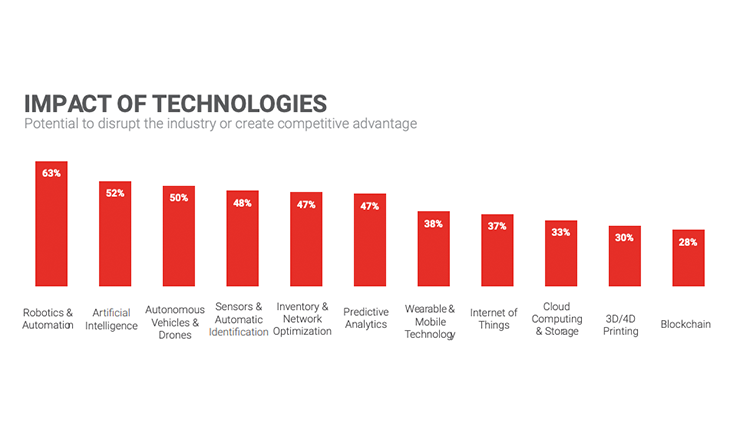
Image 2: Robotics and automation has the highest potential to disrupt the industry or create competitive advantage.
Exhibitors on the show floor demonstrated these cutting-edge technologies in action, giving attendees a firsthand look at the innovative solutions they can invest in to enhance their operations and drive long-term growth.
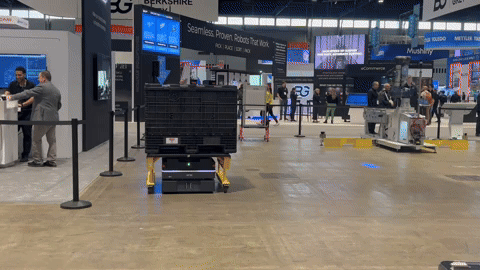
Image 3: OTTO’s AMRs on the show floor at ProMat 2025, demonstrating how manufacturers can create a competitive advantage by automating their material handling operations.
If you didn’t get a chance to attend ProMat, or you want to continue learning how robotics and automation are transforming the manufacturing industry, register for the Automate trade show in Detroit, US from May 12-15 where OTTO AMRs will be showcased in booth #2800.
Subscribe to our newsletter
Stay in the loop on product news, case studies, upcoming events and more.
